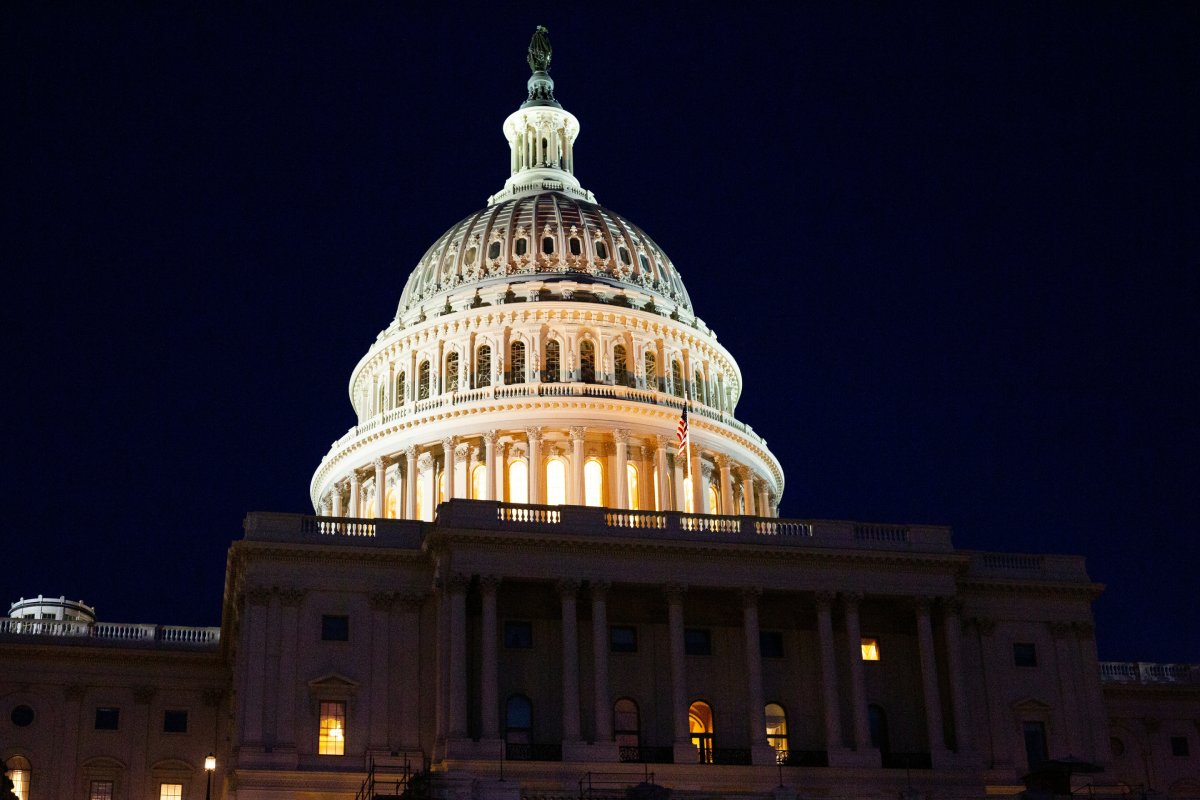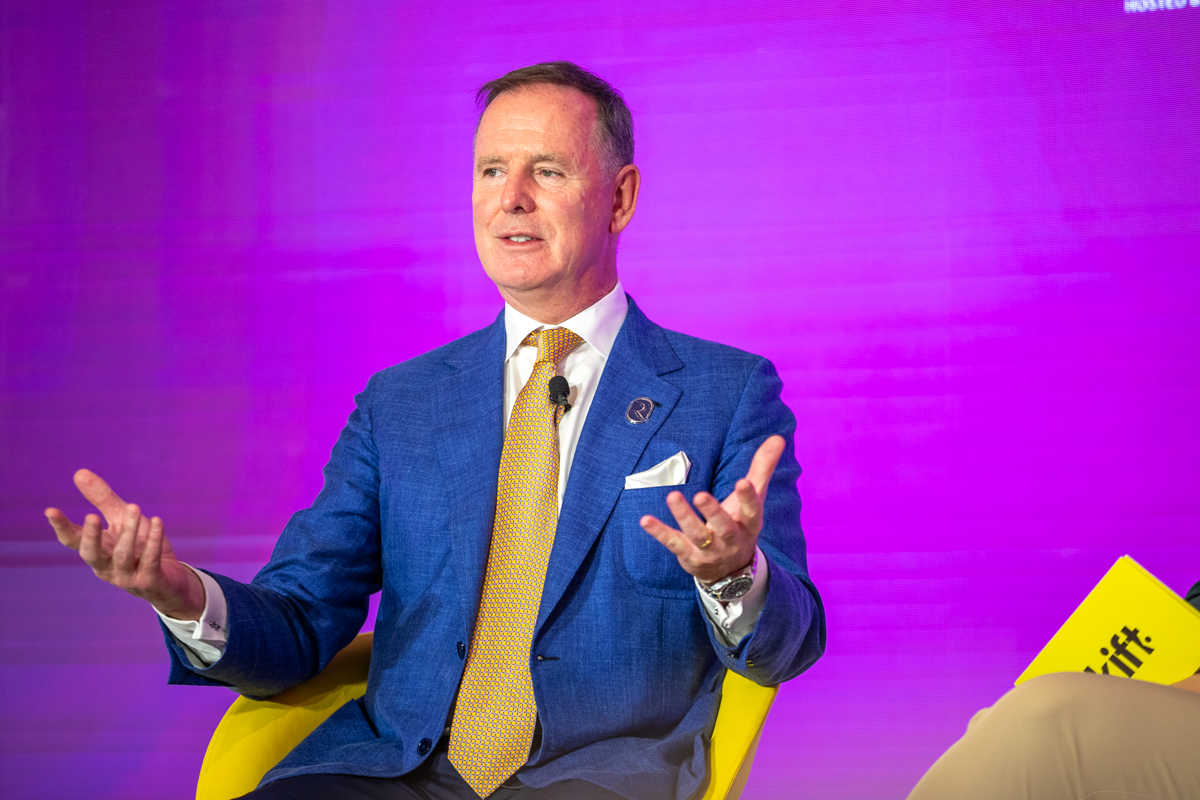Crisis Management Beyond Everyday Hospitality — New Luxury
Skift Take
 The Skift New Luxury newsletter is our weekly newsletter focused on the business of selling luxury travel, the people and companies creating and selling experiences, emerging trends, and the changing consumer habits around the sector.
The Skift New Luxury newsletter is our weekly newsletter focused on the business of selling luxury travel, the people and companies creating and selling experiences, emerging trends, and the changing consumer habits around the sector.
We'll keep in mind the needs of the specialist travel agents who sell these products as well as the sophisticated consumers who shop for them.
This week we delve beneath the surface of luxury with a story of how hoteliers dealt with the recent spate of hurricanes that left many areas of North America and the Caribbean devastated.
Writer Sam Shankman spoke to representatives across the region to find out how they were affected and what they did to keep people safe.
It's a reminder that the concept of luxury doesn't just mean taking care of the obvious things. It's about being there for guests when they most need you.
— Patrick Whyte, Europe Editor
6 Looks at Luxury

Luxury Hotel Leaders Share Lessons Learned in Hurricane Aftermath: It's not if you get knocked down, but how you get up that matters. Not only do hospitality teams have the opportunity to provide guests with shelter and stability, but they can expand their impact throughout their local communities highlighting the strength and potential for our sector to be a force of good.
Soft Brand Launches and the Threat to Luxury Hotel Collections: While soft brands aren’t a new phenomenon, the big hotel companies seem keener on them than ever. They may not represent a direct threat to luxury hotel collections but they increase the competition when it comes to wooing owners.
Business Class Must-Haves That Airlines Neglect at Their Peril: As airlines double down on investment in business class, there are some experiential table stakes for customers paying the money to sit up front.
Pass the Avocado Toast — Updating the Luxury Spa Experience for a New Generation: Luxury spas need to understand that because many millennials are already incorporating wellness into their everyday routine, they require something extra from high-end destinations. It might seem trite to highlight avocados but today's under-35s value food above almost everything else.
The Calculated Faux Marketing of Premium Air Travel: The lenses through which we view the travel ecosystem are often heavily distorted. The first step toward countering it is acknowledgement.
Singapore Airlines Unveils a Massive First-Class Suite to Compete with Gulf Rivals: We expect Singapore’s new first-class suites will be considered among the world’s best products. But the airline still faces intense competition from Gulf and Asian airlines. It’s not clear how much this cabin update will help on that front.
Subscribe
The Skift New Luxury newsletter is curated by Skift Europe Editor Patrick Whyte [pw@skift.com]. The newsletter is emailed every Tuesday.




